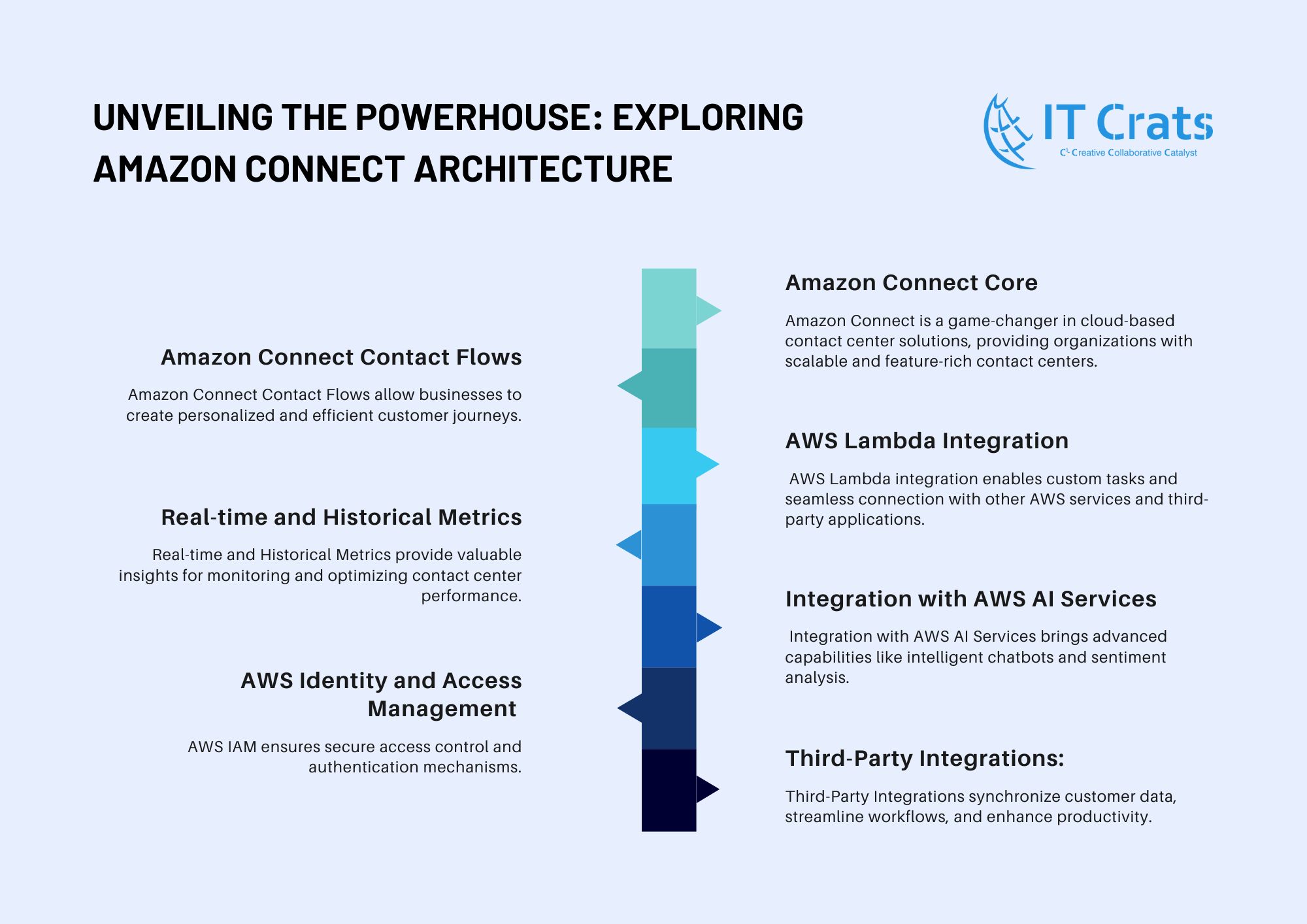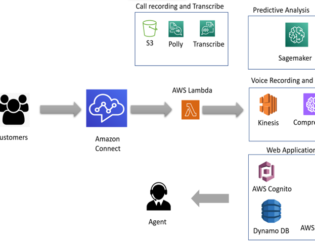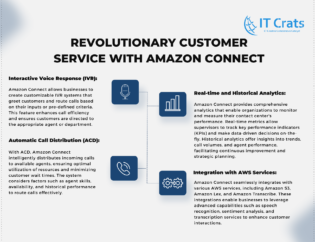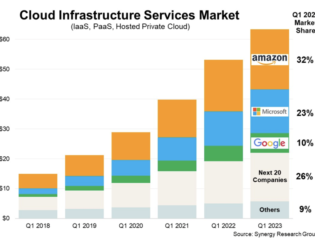
In the world of cloud-based contact center solutions, Amazon Connect has emerged as a true game-changer. As a fully managed service offered by Amazon Web Services (AWS), Amazon Connect provides organizations with the tools and infrastructure they need to build scalable and feature-rich contact centers. In this technical blog, let’s take a deep dive into the architecture of Amazon Connect, exploring its key components, integration possibilities, and how it harnesses AWS services to deliver a robust and delightful customer service experience. 💪🏼😊
Architecture Components 🏢
Amazon Connect Core: At the heart of Amazon Connect lies a set of core services responsible for managing contact center operations. This includes the contact flow engine, telephony infrastructure, real-time and historical metrics, and security features. These services work together seamlessly to ensure efficient call handling, data analysis, and secure customer interactions.
Amazon Connect Contact Flows: Contact flows define the customer experience within Amazon Connect. They are created using the user-friendly Amazon Connect Visual Contact Flow Designer. This graphical interface allows businesses to design customized interaction paths. Contact flows can include self-service options, routing decisions, external system integrations, and data capture. They provide a powerful tool for organizations to craft personalized and efficient customer journeys. 🛠️✨
AWS Lambda Integration: Amazon Connect leverages the power of AWS Lambda, a serverless computing service, to extend its capabilities and enable custom integrations. Within contact flows, AWS Lambda functions can be triggered to perform tasks such as data manipulation, API calls, database lookups, or complex business logic. This seamless integration allows businesses to connect with other AWS services, third-party applications, and backend systems, enhancing the functionality of their contact center.
Real-time and Historical Metrics: Amazon Connect provides a comprehensive set of real-time and historical metrics to monitor contact center performance and gain valuable insights. Real-time metrics include data such as agent status, queue wait times, and contact flow details, empowering supervisors to make informed decisions in real-time. Historical metrics capture data over time, helping organizations analyze trends, identify bottlenecks, and optimize their contact center operations. 📊📈
Integration with AWS AI Services: Amazon Connect seamlessly integrates with various AI services offered by AWS, unlocking advanced capabilities for customer interactions. For example, integration with Amazon Lex, a natural language understanding service, allows businesses to build intelligent chatbots or voice-based virtual assistants. Integration with Amazon Transcribe enables automatic transcription of call recordings for analysis and sentiment analysis.
AWS Identity and Access Management (IAM): To ensure secure access and control, Amazon Connect employs AWS IAM for managing access control and security policies. IAM allows businesses to define user roles, permissions, and authentication mechanisms, providing secure access to Amazon Connect resources. Organizations can enforce fine-grained access control and implement multi-factor authentication to protect sensitive customer data. 🔒
Third-Party Integrations: Amazon Connect offers a range of integrations with popular CRM systems, workforce management tools, and ticketing systems. These integrations enable organizations to synchronize customer data, streamline agent workflows, and enhance productivity. By leveraging these integrations, businesses can provide agents with a holistic view of customer information, resulting in improved customer experiences. 🔄💼
Conclusion ✨
Amazon Connect’s architecture empowers organizations to build sophisticated and scalable contact centers in the cloud. With its core services, contact flows, integration capabilities, and seamless integration with AWS AI services, businesses can deliver exceptional customer experiences while leveraging the power of AWS infrastructure. By utilizing real-time and historical metrics, organizations can continuously optimize their contact center operations, ensuring top-notch service and customer satisfaction. 🌐📞🌟






